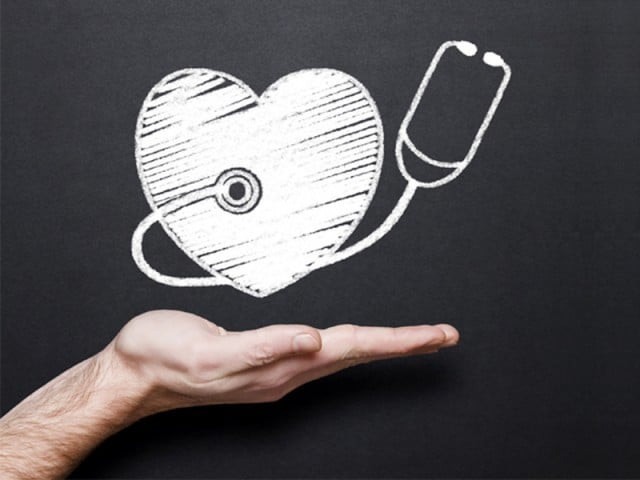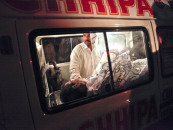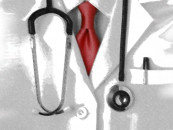People who fast remain healthier: experts
Patients must consult their doctors before the holy month begins, experts say

During Ramazan, the occurrence of strokes among people is lower than in other months, mainly due to the fact that most avoid smoking and have improved blood pressure, sugar, as well as lower cholesterol as a result of fasting.
This was disclosed by Dr. Muhammad Wasay, a renowned neurologist from Aga Khan University, as he spoke to a scientific session on the second day of the 8th International Diabetes and Ramazan Conference 2022 in Karachi on Wednesday.
The two-day International Diabetes and Ramazan Conference is being organised in collaboration with the Baqai Institute of Diabetes and Endocrinology and the Diabetes and Ramazan International License. National and international health experts including Prof. Dr. Tahir Hussain, Prof. Saeed Mehar, Dr. Zahid Mian, Dr. Saiful Haq, Prof. Zaman Sheikh, Dr. Bilal Jamil, Dr. Musarrat Riaz, Mufti Najeeb Khan, Diabetic Association of Pakistan Secretary General Prof. Abdul Basit, Prof. Yaqub Ahmadani and others also addressed the gathering. Neurologist Professor Dr. Bilal Jamil, a kidney specialist said that patients suffering from kidney disease and heart disease should refrain from fasting, but only those suffering from kidney disease should fast after consulting their doctors.
Physician Dr. Tahir Hussain said that the articles presented in various scientific sessions during the conference have proved that people suffering from heart, kidney, diabetes and blood pressure diseases, as well as pregnant women, can also fast. However, patients must consult their doctors before the holy month begins.
Leading diabetes specialist Dr. Musarat Riaz said that according to Shariah, pregnant women, who are in danger of harming their health or their unborn child as a result of fasting, are not allowed to fast. Addressing the conference, Mufti Najeeb Khan of Darul Uloom Karachi said that people suffering from various ailments should consult doctors about fasting as the latter can give better advice than religious scholars.
He said that in the state of fasting, a needle stuck in the finger for a blood test would not break the fast. In the same way, injecting medicine into the body or putting drops into eyes and ears would also not break the fast. He said patients facing a life-threatening situation should break their fast.



















COMMENTS
Comments are moderated and generally will be posted if they are on-topic and not abusive.
For more information, please see our Comments FAQ